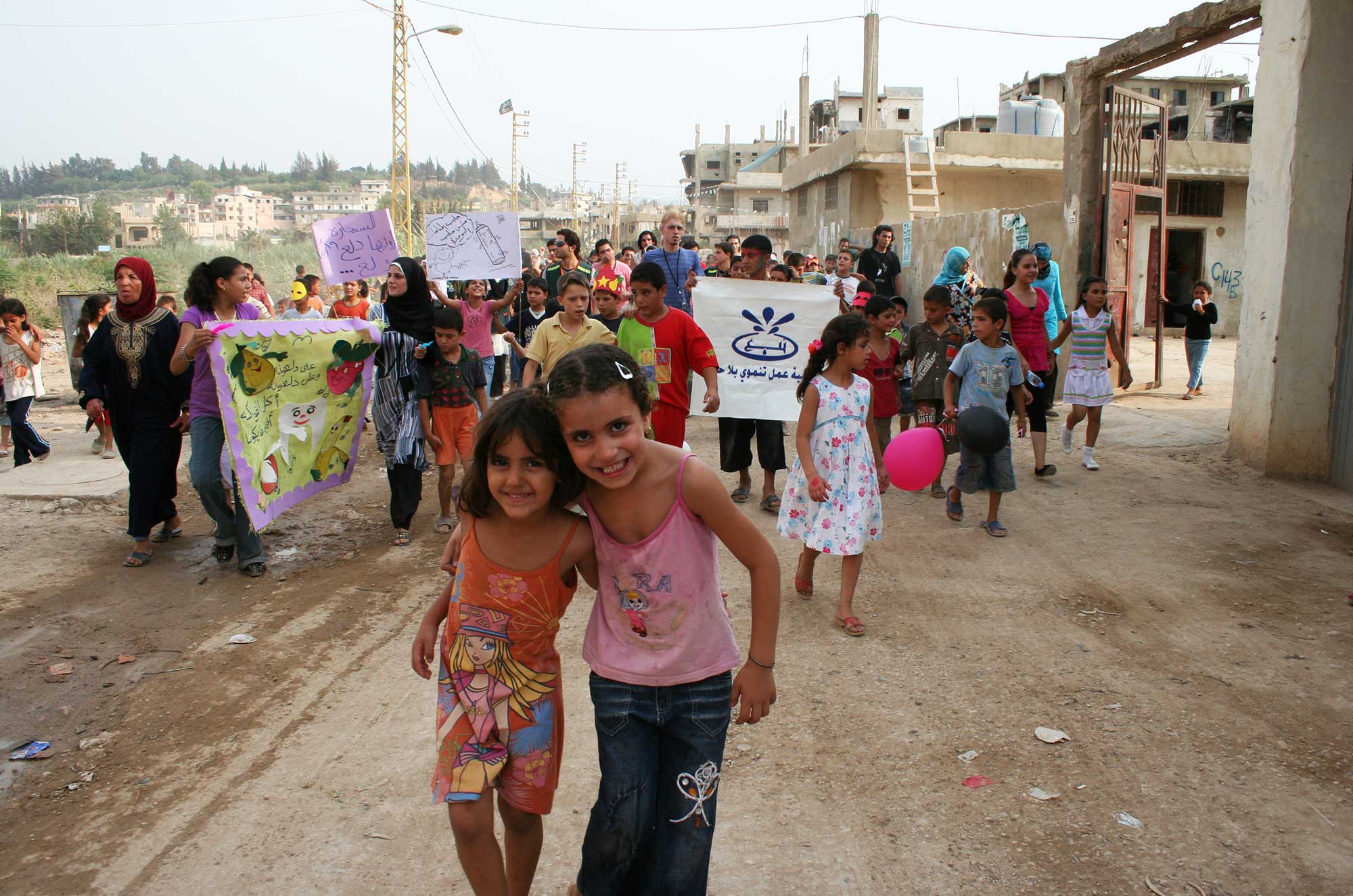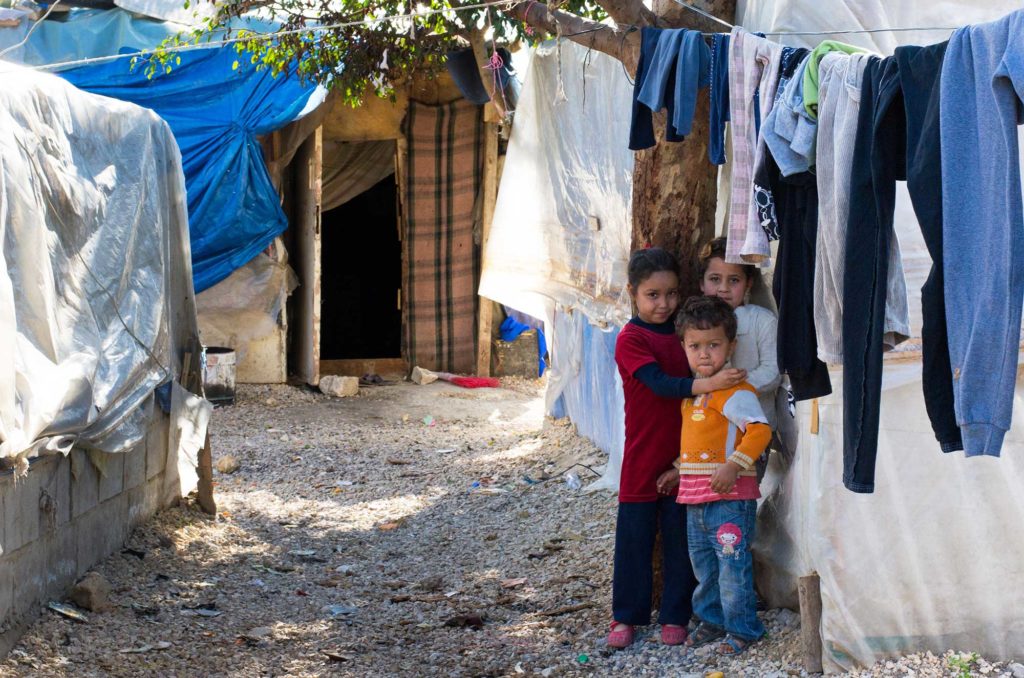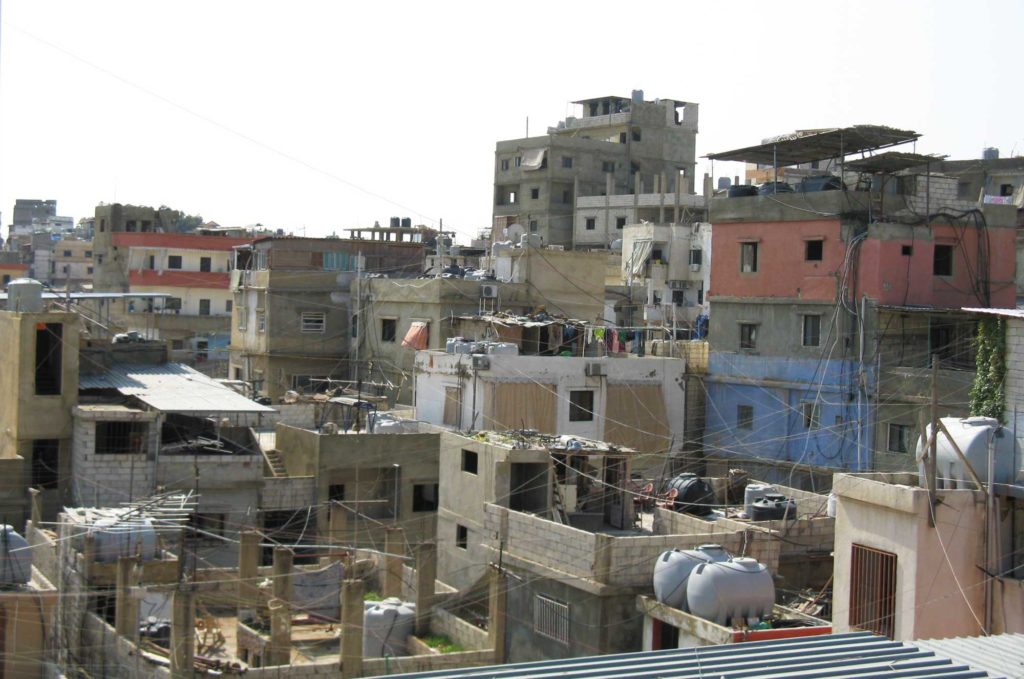Jan, 2025
Nahr El Bared (or “Cold River” in Arabic) is a Palestinian refugee camp in northern Lebanon. It is named for the river that runs south of the camp.
Located about 10 miles northeast of the ancient city of Tripoli, Nahr El Bared is home to nearly 30,000 Palestinian refugees, including about 1,200 Palestinian refugees from Syria.
Nahr El Bared was established in 1949 to accommodate Palestinian refugees struggling to cope with harsh winter conditions. Despite its proximity to water and beautiful location, the inhabitants of this camp have faced many challenges over the years due to armed clashes, the destruction of the camp, and the subsequent displacement of its inhabitants, as well as a lack of medical facilities, educational institutions, job opportunities and proper infrastructure.
Anera first extended its services to Nahr El Bared in 2007 following clashes that erupted between armed groups and the Lebanese Army, displacing 27,000 Palestinian residents to neighboring camps and villages.
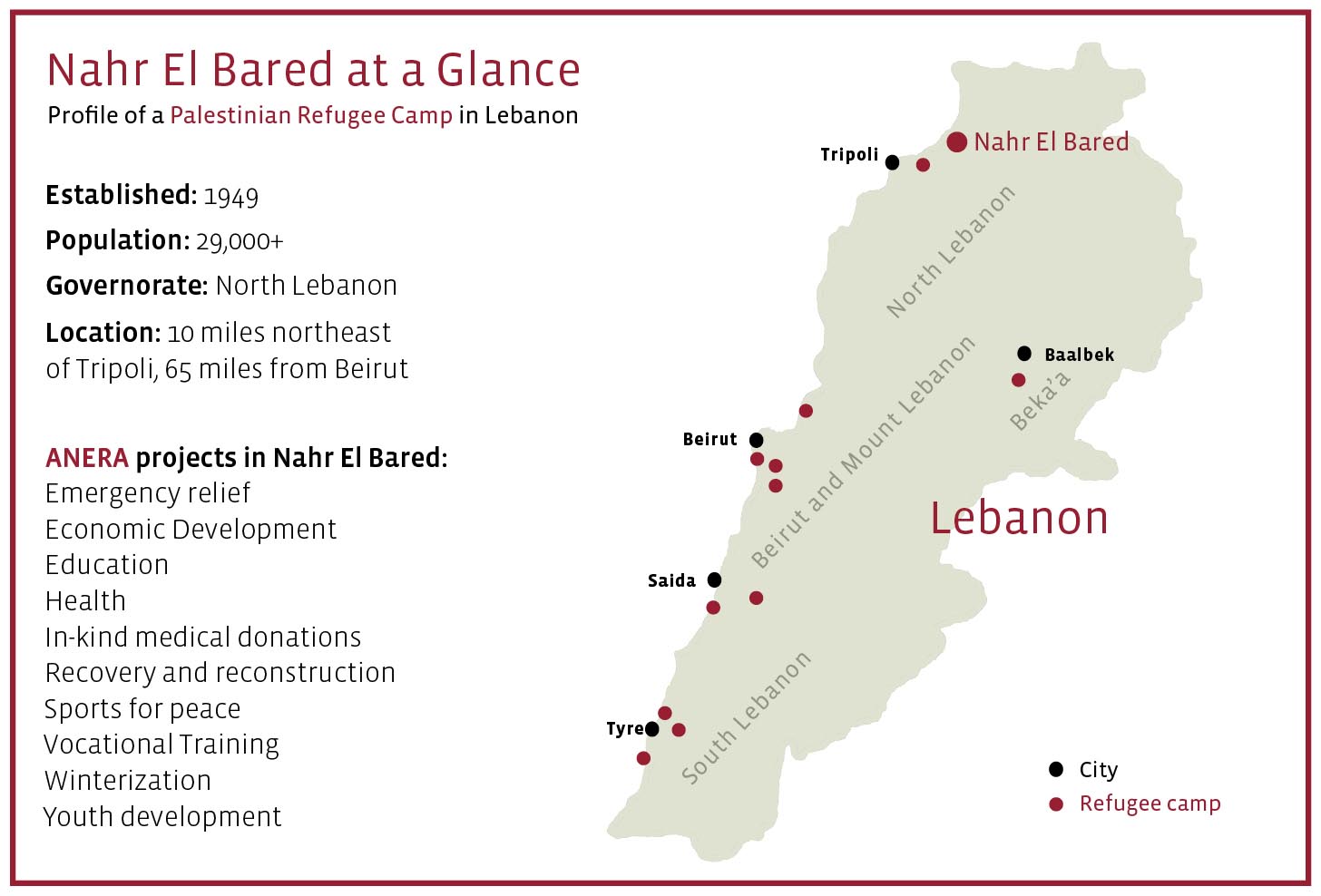

Rebuilding Nahr El Bared
In the aftermath of the destructive conflict in 2007, Anera’s intervention in Nahr El Bared helped locals recover by reconstructing, rehabilitating and furnishing community centers, clinics and public spaces.
In partnership with local organizations, Anera rebuilt two vocational training and community centers: Beit Atfal Assummoud and the National Association for Vocational Training and Social Services (NAVTSS). To this day, these centers provide opportunities for hundreds of youths to learn important career and life skills. Anera also built the Mazen Afifi public park, so that children in Nahr El Bared would have a safe place to play. And finally, through our medical relief program, Anera re-equipped and stocked the camp’s main pharmacy.
BEIT ATFAL ASSUMMOUD CENTER BEFORE AND AFTER Anera RENOVATION
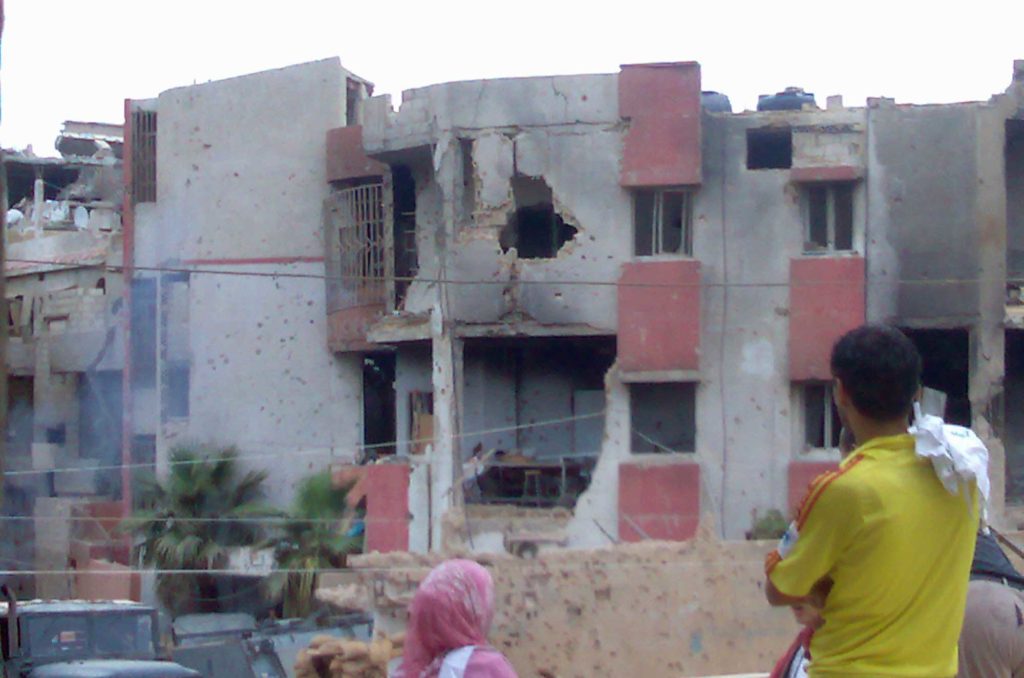

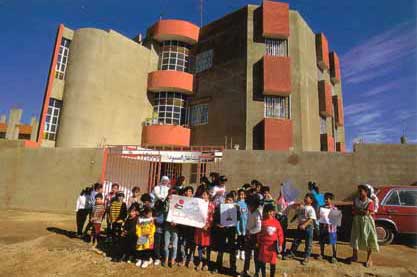

In addition to rehabilitation projects, Anera installed 200 water tanks on apartment buildings that ensured thousands of people had a safe, dependable source of water in their homes. Anera worked with a home for the elderly to create a community garden at their facility and to plant gardens on the rooftops of refugee apartment buildings. The project provided training in urban agriculture and irrigation techniques. Vegetables, herbs and even fruit trees provide camp residents with food security and means to earn an income by selling their produce.
Mohammad trains at Beit Atfal Assumoud, a vocational school renovated by Anera.
Opening Doors Through Education
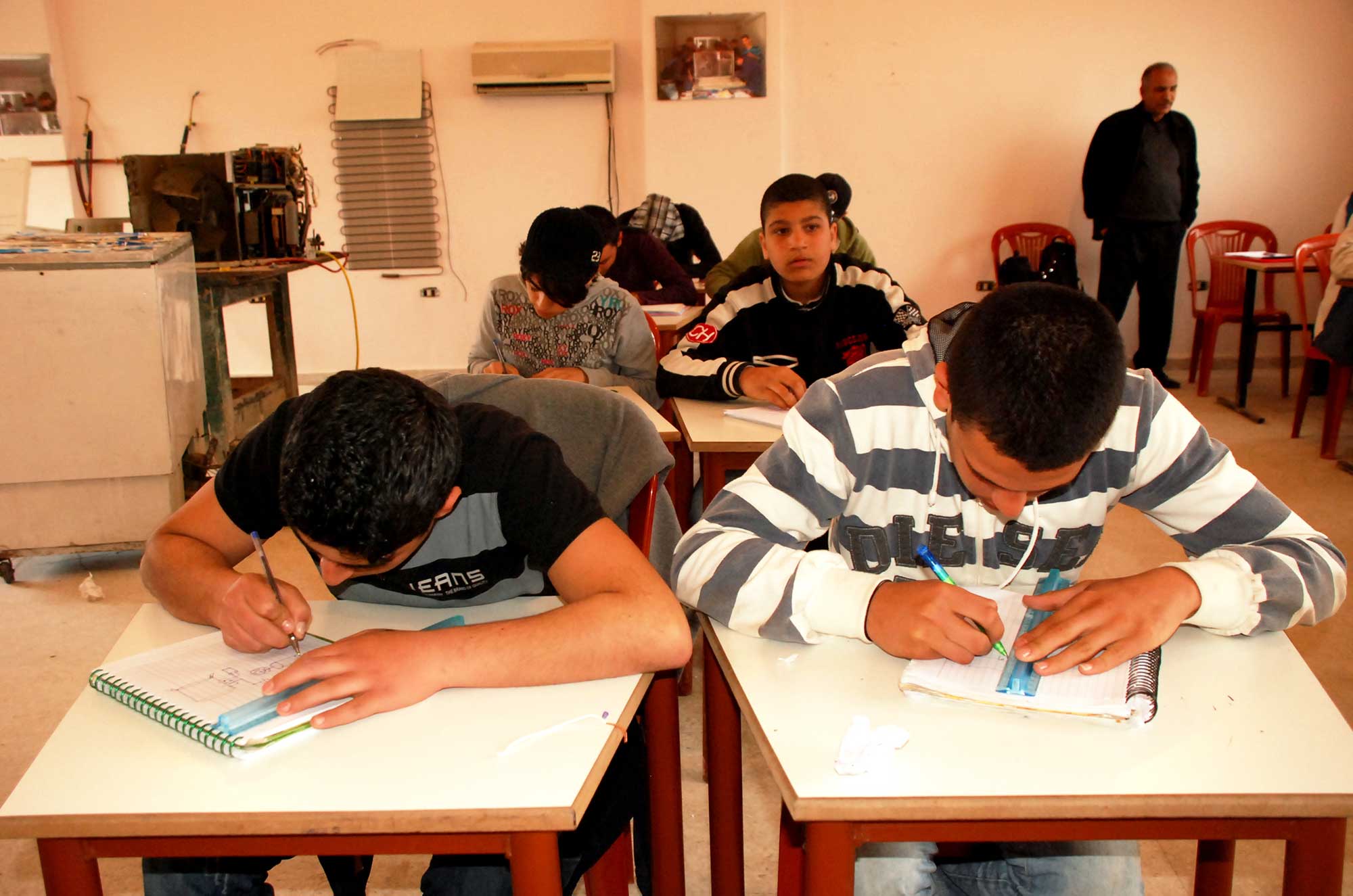

Anera has worked with local and international organizations to establish educational programs in Nahr El Bared, helping to restore some normalcy in the lives of refugee youth.
In collaboration with Reach out to Asia (ROTA), Anera designed a non-formal educational program to support vocational training for young men and women, as well as remedial education for children of all ages. Over the span of four years, about 300 students completed vocational training courses and some six hundred received remedial education. Additionally, Anera organized capacity-building sessions to train teachers and community activists so that the program could be continued for years to come.
Individuals pursuing vocational training take classes in subjects like plumbing, pastry making, and mobile phone maintenance. These specialties help graduates secure jobs and provide for themselves and their families. Recently, a young graduate of the culinary class in Nahr El Bared became a successful pastry chef!
In November 2014, Anera partnered with UNICEF on a project for youth between the ages of 14 and 18 affected by the Syrian crisis. The project is reaching hundreds of youth, both Palestinian and Syrian, in Nahr El Bared. The program offers transferable skills courses in subjects like English, Arabic and math and skills-based training courses in topics like first aid, photography, and embroidery. The aim is to help youth rejoin the formal education system and/or provide them with skills to make them more employable as they enter the job market.
Bringing Youth Together through Sports
Since 2007, Anera has partnered with all the sports clubs in Nahr El Bared to help empower youth through sports practices, activities, tournaments and “open day” events.
After the 2007 war, Anera turned an unused, garbage-strewn lot into a safe play area. Today, the lot is clean and contains a playground and soccer field. Anera has offered sports coaching to hundred of youth, distributed thousands of team uniforms, and organized dozens of tournaments and sports related activities. In addition to bridging divides between youth of different backgrounds, the sports program provides a sense of accomplishment and respite from chaos in this camp, where living conditions became frustrating for young boys and girls.
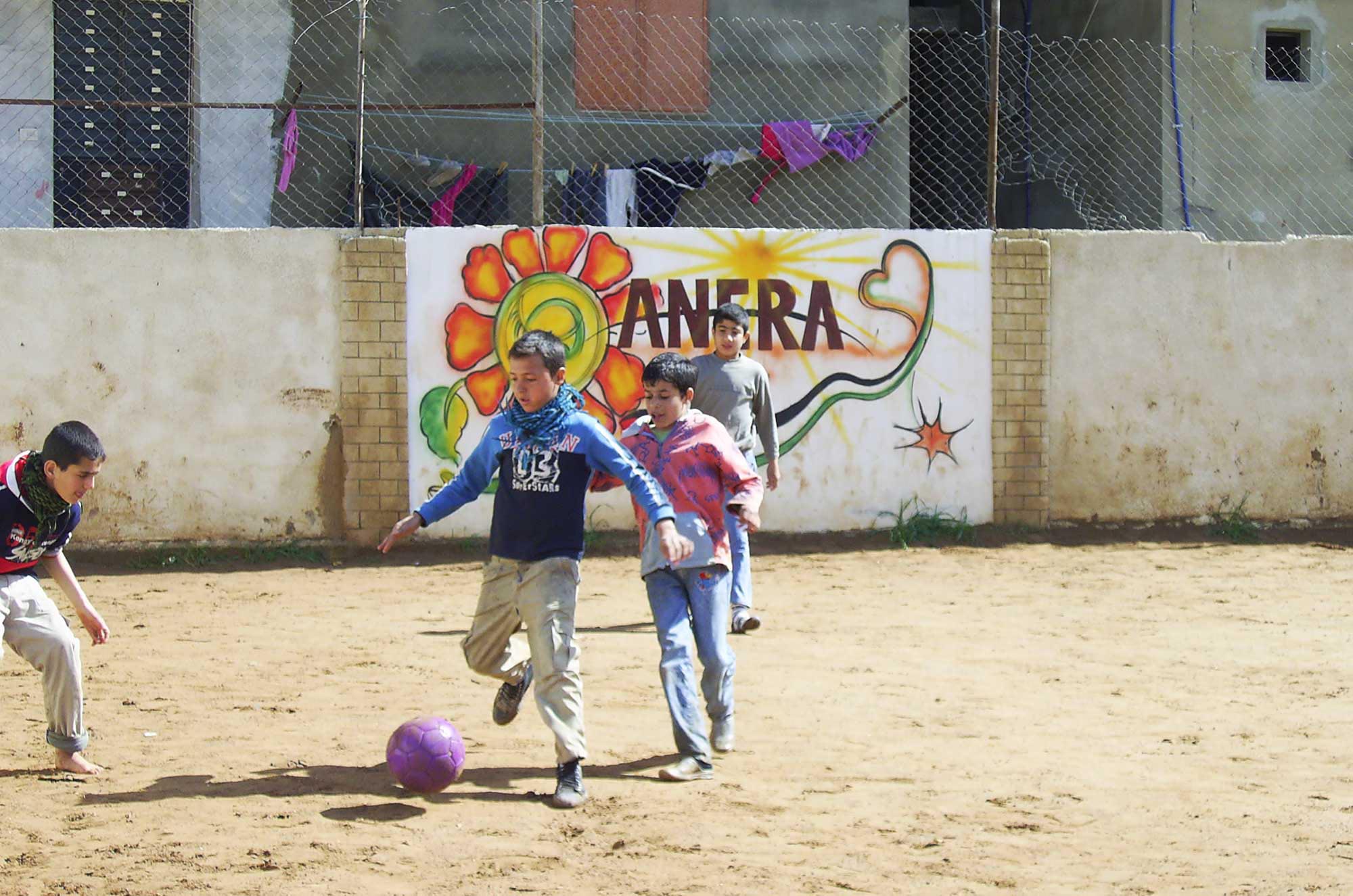

Abdel Raheem Ali Jumaa was 13 when he joined a soccer club partnering with Anera. He explained how sports contributed to his self-development and well-being: “Each time I feel sad, bored or stressed out, I go to play soccer — I feel calmer. Soccer taught me to hold myself together, become calmer and less stressed…It taught me respect and teamwork.” Read more about Abdel Jumaa >>
Investing in Health for Nahr El Bared Residents
Anera has delivered millions of dollars worth of medicines and healthcare supplies to clinics, hospitals and dispensaries in Nahr El Bared Camp. Notably, Anera delivers thousands of medicines to Al Shifa clinic, which provides vital health services to over 1,200 people daily.
Through its creative health campaigns, Anera reaches out to Palestinian youth in Nahr El Bared Camp, tackling youth-related health topics such as hygiene, water, sanitation, reproductive health and steroids. These sessions are accompanied with distribution of hygiene kits and health manuals.
Mohammad Taha, a full time engineering student and a part time volunteer in several social initiatives in Nahr El Bared joined Anera’s health campaign by participating in building a team of Health Champions to combat steroid abuse. “Nowadays more people are aware of steroid addiction and know that it has severe health consequences and can lead to death.” Mohammad says. “Just having people break the taboo and start talking about it is a success.”
